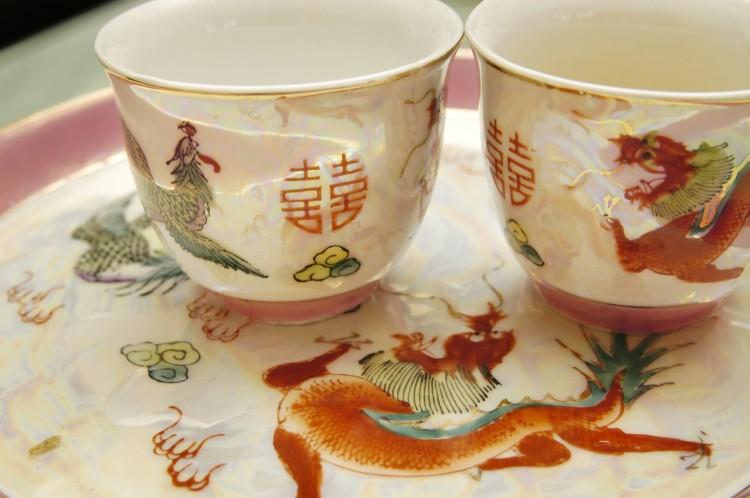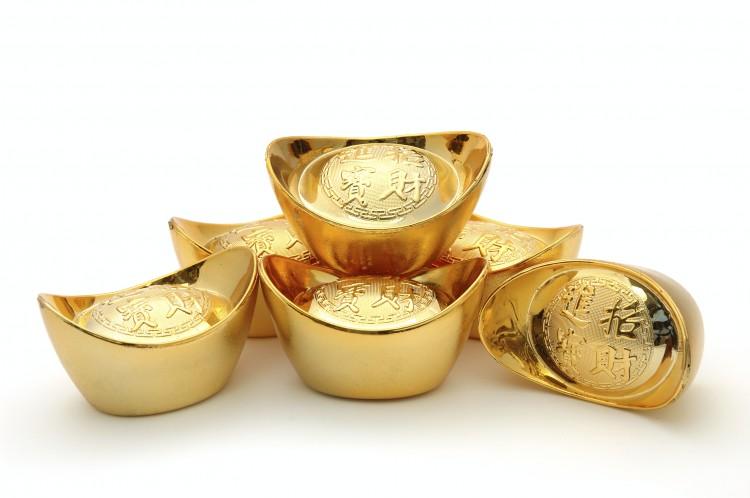In the Three Kingdoms Period (A.D. 220-280) there lived a man named Xu Yun (許允) who was the official in charge of the palace military guards in the Kingdom of Wei (魏國).
Xu Yun’s wife, from the Ruan (阮) family, was a very intelligent and talented woman. However, she was extremely plain and unattractive.
Disliking her appearance, Xu Yun shunned his wife after the wedding ceremony and refused to enter the bridal chamber. His family was greatly worried.
At that moment, a family friend, Huan Fan (桓範), happened to visit. Xu Yun’s wife said to Xu Yun’s family, “We need not worry. Huan Fan will surely be able to counsel him to enter the chamber.”
Huan Fan said to Xu Yun, “The Ruan family must have good intentions to give you their daughter in marriage. You should use your heart to see her and know her.”
Xu Yun took Huan Fan’s advice and went into the chamber, but upon seeing his bride he turned around immediately and wanted to leave.
His wife knew that he would not return again once he left, so she stopped him by holding onto his clothes.
To embarrass her, Xu Yun said, “Women should possess four virtues. How many do you possess?”
In the past there were four requirements for women in China, which included feminine moral character/virtue (婦德), feminine skills and diligent work (婦功), feminine speech (婦言), and feminine appearance (婦容).
Feminine appearance did not only refer to physical beauty, but Xu Yun deliberately asked his wife this question regardless.
However, his wife replied with wisdom. She said, “What I lack is only beauty. A scholar should have 100 virtues. How many do you possess, my husband?”
Xu Yun said proudly, “All of them.”
His wife answered, “Moral character is the most important of the 100 virtues. My husband, you desire a beautiful appearance but disregard good character. How can you claim that you have all the virtues?”
Xu Yun was deeply ashamed after hearing his wife’s words. He changed his attitude and henceforth showed the greatest respect toward his wife.



